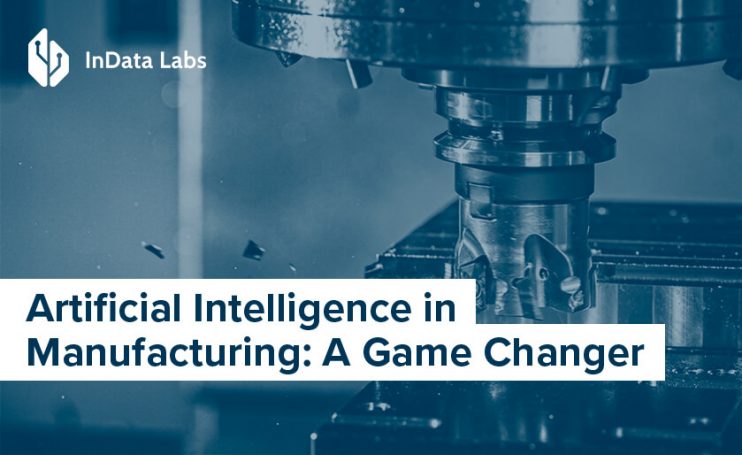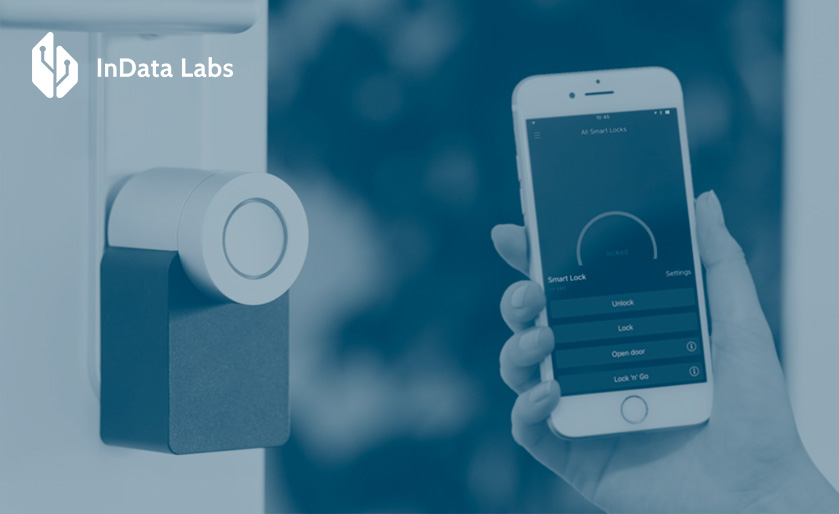Global artificial intelligence in manufacturing market is expected to reach USD 16.7 billion by 2026 with growth at a CAGR of 57.2% during the forecast period. The growth of AI in manufacturing is also proved by the Capgemini’s research revealing that over half of the major European manufactures are implementing AI technologies in manufacturing operations with Germany leading the way (69%), followed by France (47%) and UK (33%). Japan and the US follow in second and third with 30% and 28% respectively.
AI Impact on Manufacturing
It is not surprising that the global artificial intelligence in the manufacturing market grows as AI has transformed the way people operate, and there is no doubt about this. Right from Netflix recommendations, advertising to healthcare, AI enhances people’s daily lives directly by offering a customized, efficient, and fast experience. No doubt that artificial intelligence will revolutionize the manufacturing industry and adoption of AI-based technologies has already started. AI is an amazing present. With constant shifts in consumer expectations and needs, most industries rely on AI to increase efficiency to better cater to customer demands.
What is AI in Manufacturing?
First, let’s define what is usually meant by AI in manufacturing.
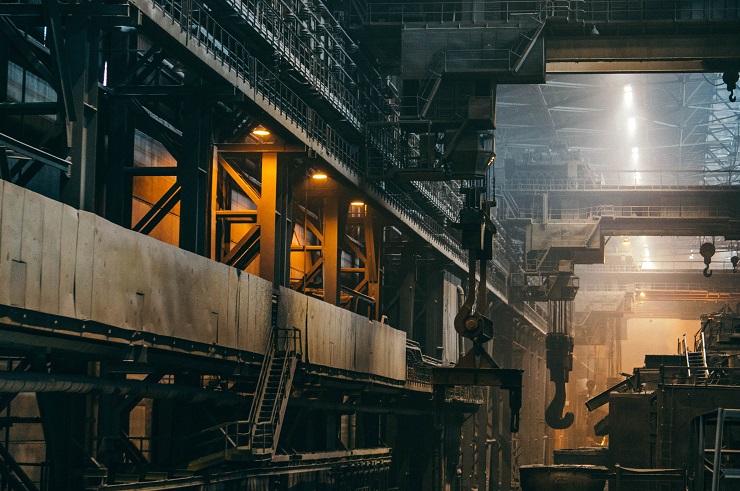
Source: Unsplash
In most cases artificial intelligence applications in manufacturing deal with the following AI technologies:
- Machine learning: when algorithms automatically learn certain patterns based on data instead of programming.
- Deep learning: an advanced form of machine learning that uses artificial neural networks to analyze and interpret images and videos.
- Autonomous objects: artificial agents – such as collaborative robots or autonomous guided vehicles.
Applications of Artificial Intelligence in Manufacturing
When speaking about manufacturing and AI, the first association relates with the AI in car manufacturing producing self-driving vehicles and cars with the advanced driver-assistance system. But AI technologies have changed not only the cars we drive but the manufacturing itself as well implementing the smart machinery and AI-based systems to make the production lines more efficient.
Artificial intelligence is widely used not only in the car manufacturing but by many other market players of the manufacturing sector for the following key reasons that allow them to increase revenues by optimizing the production processes, reducing costs and producing products of high demand:
Round the Clock Production
Humans being biological organisms, need regular maintenance such as sleep and food. For production facilities to continue working 24/7, it is essential to introduce shifts, utilizing three workers every 24 hours. On the contrary, robots neither feel hungry nor get tired and can work 24/7. This, in turn, expands the production capabilities that are essential to cater to the needs of the customers worldwide. Besides, robots are highly efficient in most areas like the assembly line and the packing & picking departments. The best part, robots can help to cut down turn-around times in most parts of business operations.
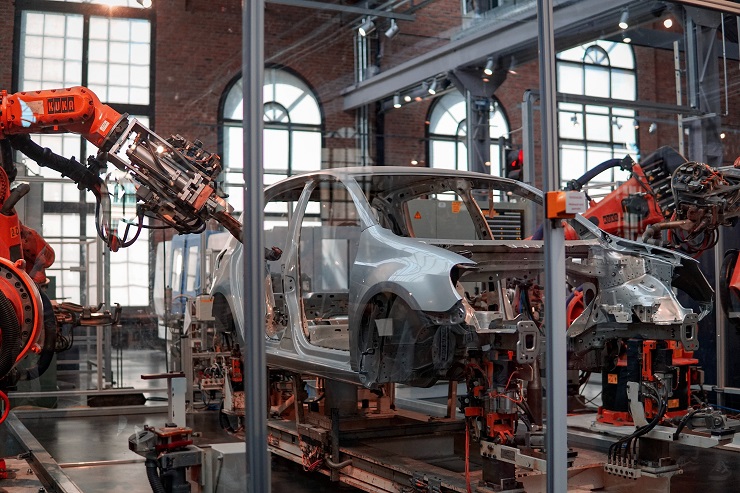
Source: Unsplash
AI for Manufacturing Quality Control
Artificial intelligence is immensely useful to perform predictive maintenance on equipment and machinery. Using sensors for operating conditions and tracking performance, machines can learn to predict failures and malfunctions and take action to remedy these before they occur. It will, in turn, lead to faster feedback, assisting companies in eradicating unplanned downtimes. A sensor can also help in detecting microscopic defects, scan the same at resolutions beyond human vision, thus enhancing productivity and increasing the number of goods that pass quality control. Artificial intelligence helps in speeding up most routine processes and improving accuracy to a great extent. This will prevent the need for in-process inspection and quality control by human beings that is often fallible and time-consuming.
Manufacturing Safety with AI
Humans are fallible and susceptible to making errors, particularly when they are distracted or tired. Accidents and errors occur in the factory, processing environment, or construction area, a tendency that can be eradicated by robotic assistance and AI. Remote access control indicates cutting down human resources, particularly when the work needs superhuman effort or is dangerous. Regular working environments too will reduce industrial accidents and result in an improvement in safety overall. Further, higher advanced sensory equipment integrated with the IIoT devices helps make the installation of barriers and safety guards a more effective and simpler measure for protecting human lives.
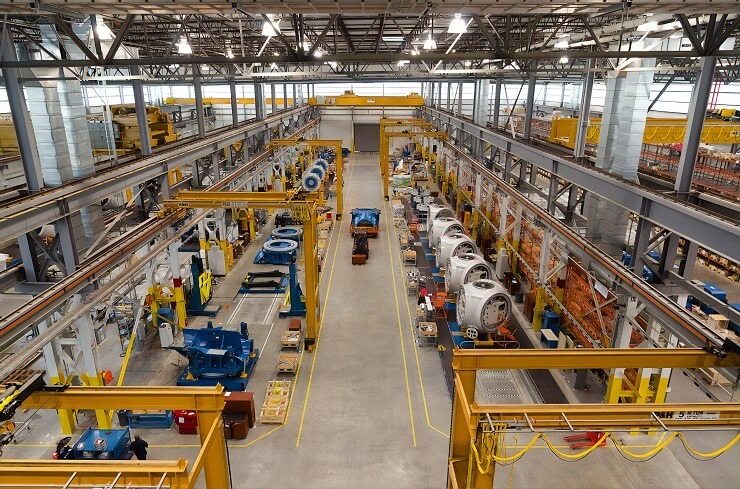
Source: Unsplash
The Supply Chain Optimization
When artificial intelligence is used in the supply chain, there is increased data and transparency. It is used for improving customer service and manufacturing processes. Data from several devices are gathered and analyzed in real-time for an in-depth insight such as a possible challenge. The manufacturer then can make informed industry-related decisions. Artificial intelligence helps minimize time and cost that may be invested in shipping and warehousing during a mishap. AI solutions and tools can help schedule factory activities, supply and demand gaps, and avoid under or over production.
Artificial Intelligence in Design and Manufacturing
Through AI, manufacturers can make improved means to design their products. The designer with generative designs can easily input product details. These details comprise the material type, time, budget, and appropriate production methods. The designer can also input every possible constraint. The details using an artificial intelligence algorithm can be processed for meeting a list of probable product options. An appropriate solution will then be tested to suffice manufacturing conditions. A key factor that makes the generative design have the upper hand is it eliminates the human bias design option. It also proposes more ideal performance demands.
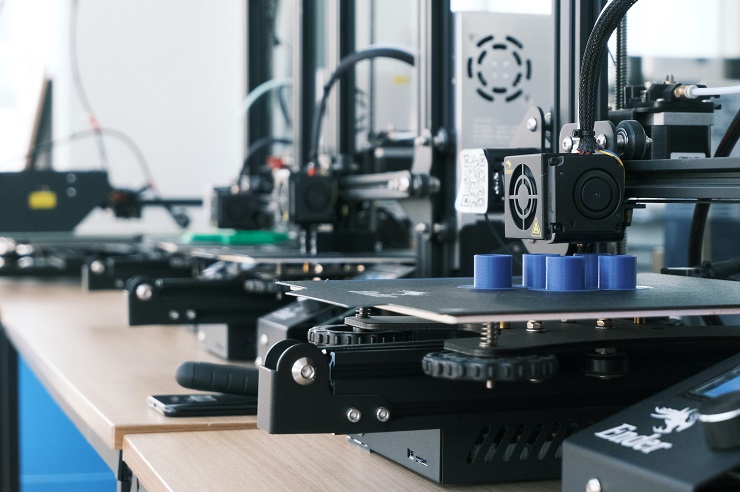
Source: Unsplash
Real-time Monitoring
This is a key perk of AI in manufacturing because it offers a detailed picture of inefficiencies that are taking place in the manufacturing process and what causes the bottleneck. The capability to pinpoint the exact process that needs improvement enables businesses to promptly address the issue, resulting in cost and time savings.
Customer Management
The applications of AI for manufacturing boost productivity, business performance, and sales. The smart artificial intelligence apps for manufacturing can right away understand customer problems and offer personalized solutions.
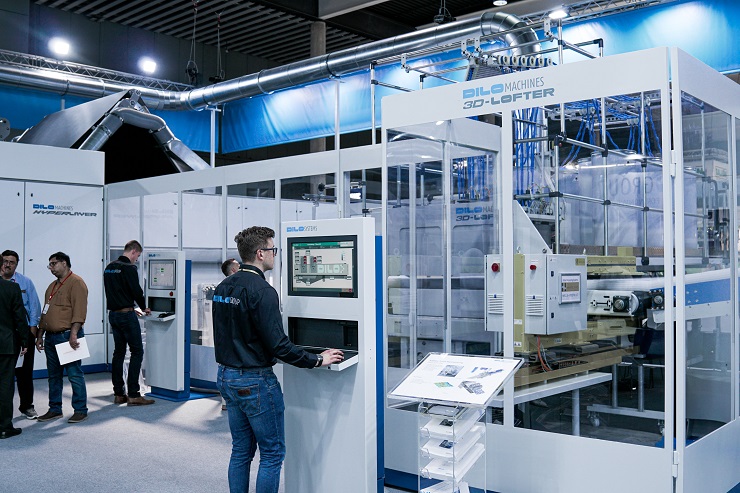
Source: Unsplash
AI solutions and service in customer services offers a plethora of benefits namely,
- Make an informed decision through customer data
- Improved relations using customer relationship management (CRM)
- Personalized experience
- Quick response time
Errors Detection
A manufacturer can use an automated visual inspection tool to look for defects on the production line. Different visual inspection equipment like machine vision cameras can detect faults more accurately and quickly than human eyes. For instance, a visual inspection camera can find a flaw easily in a complex, small item such as a mobile phone. The attached artificial intelligence systems will alert workers regarding the flaw before this reaches an unhappy consumer.
Operational Costs Reduction
Most companies are considering introducing artificial intelligence into the manufacturing sector with trepidation, as this needs a massive amount of investment. The ROI, on the contrary, is essential and increases with time. The moment intelligent machines start taking over the day-to-day activities of factory floors, a business will benefit due to considerably reduced operations costs, with predictive maintenance assisting additionally for reducing machine downtime. Consumers these days are boosting their need for customized, personalized, and unique products while continuing to expect the best value. Following advances such as IIoT connected devices and 3D printing, it has become cheaper and simpler to meet these needs and utilize augmented or virtual reality techniques, indicating that the entire production process will be cost-effective. Integrating CAD and machine learning indicates that the system can be designed and tested in virtual models before putting them into production, reducing the trial-and-error machine testing cost.
Quick Decision Making
As IIoT is coupled with AR or VR and cloud computing, organizations can share simulations, exchange critical information in real-time, or confer on the production activity, regardless of geographical location. The data collected from beacons and sensors help determine consumer activity, enabling organizations to anticipate future needs and make quick decisions on production and speed up the exchange between suppliers and manufacturers.

Source: Unsplash
With all these perks and much more, it will not be an exaggeration to state that artificial intelligence and manufacturing is a great tandem capable of making revolutionary changes to the industry as well as satisfying the increased customer demands.
Author bio
Shweta has always had a keen interest in reading and writing. Though she holds a Master degree in Computer Science, she forayed into the field of writing due to her love for words and the urge to do something different and new. Market Research Future has given her the chance to gain knowledge about different subjects. She aspires to make each of her written works a piece of art.
Need an Experienced Partner to Implement AI to the Manufacturing Process?
Contact us to arrange a call with our data science experts to find the best way of achieving your business goals with AI.
